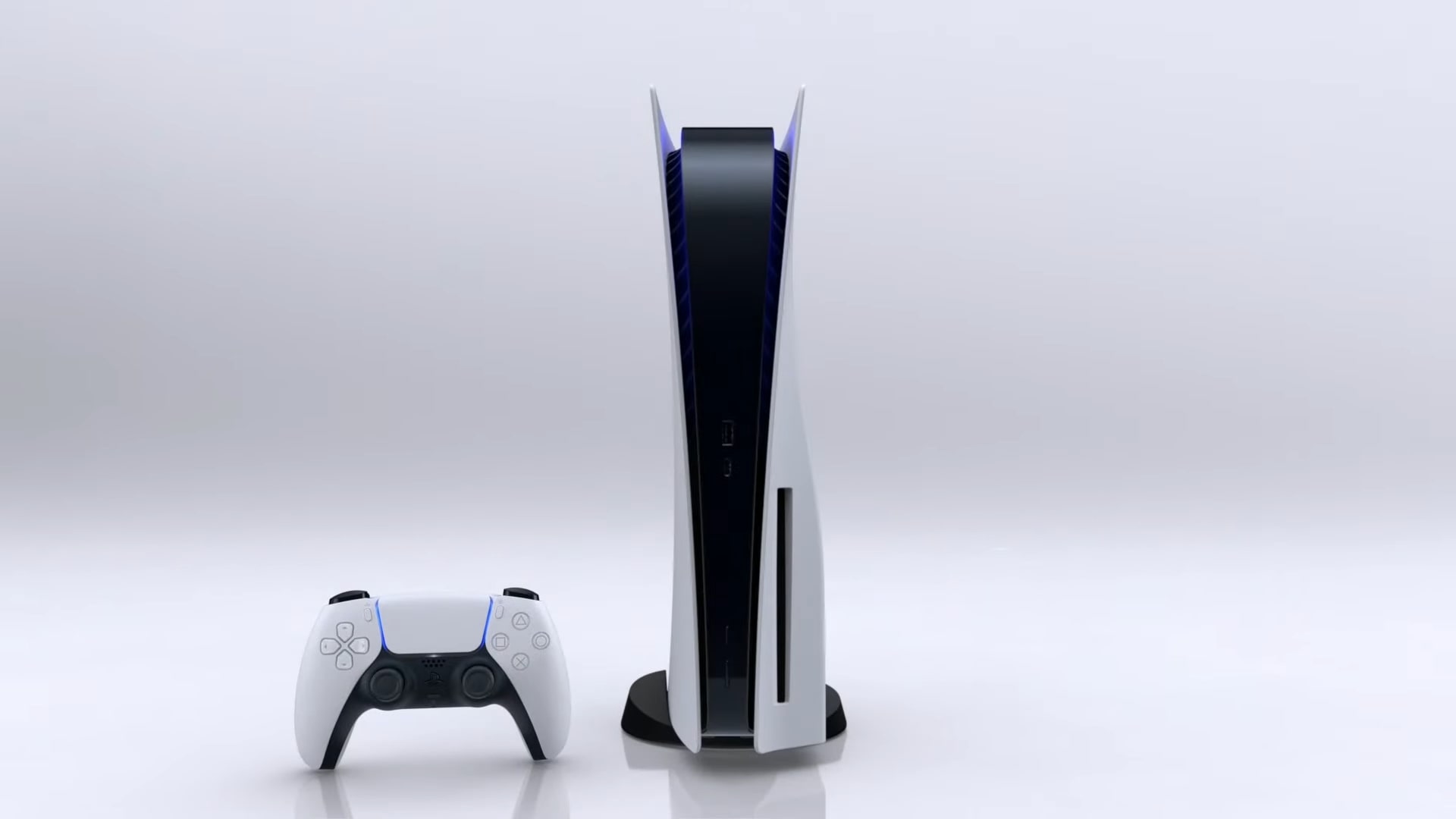A rise in game prices is inevitable, and ultimately good for gamers
A $70 price point is a bitter pill, but could lead to a healthier industry
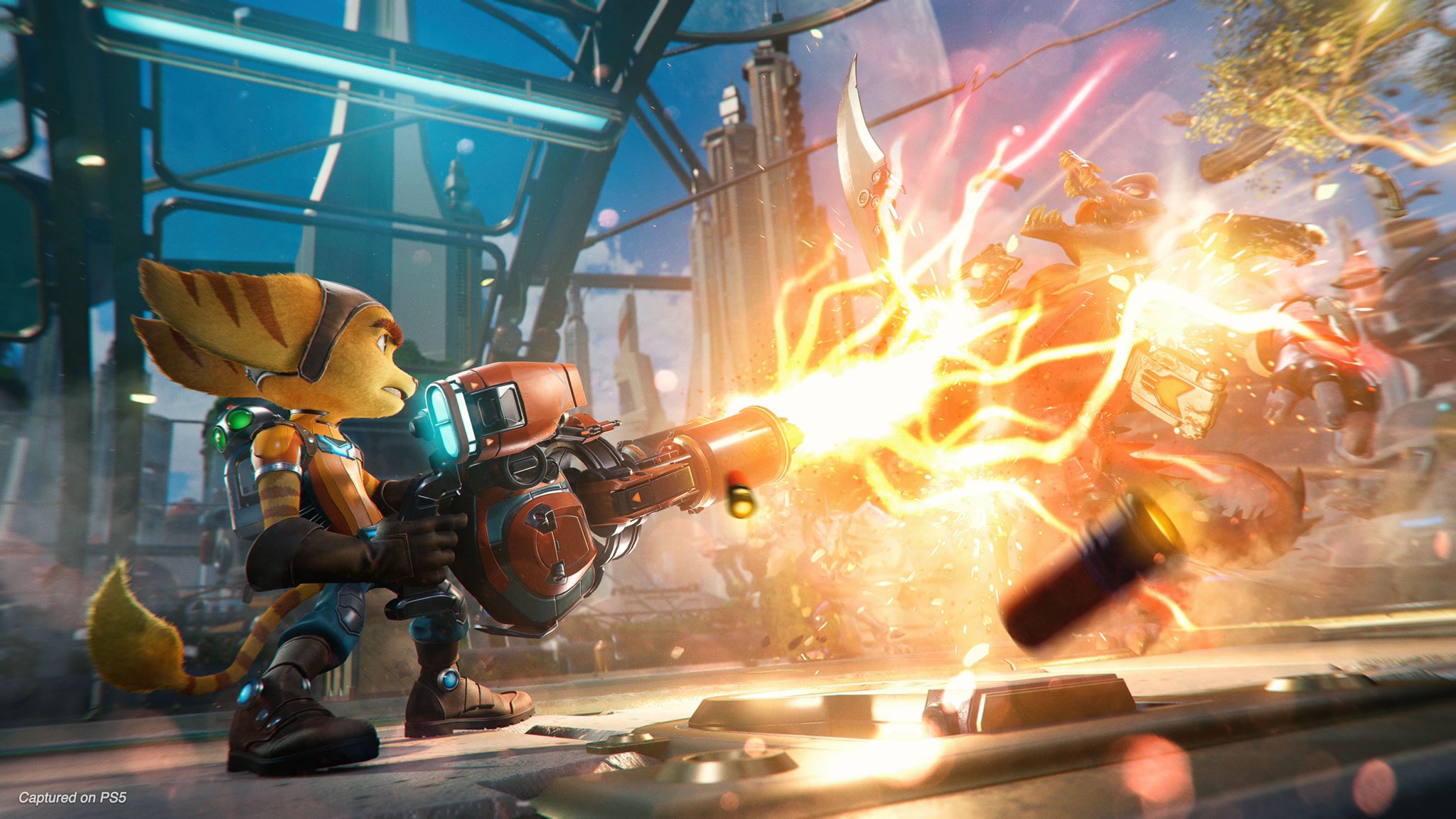
There's an earthquake coming to video games. Imagine a fault line, the point of friction between two tectonic plates. On one side is the retail cost of games, stuck at $60 since the launch of the Xbox 360.
On the other is the cost of AAA development, pushed higher and higher over the last decade and a half. The latter has put more and more stress on the former, and sooner or later, there's going to be a release. It's inevitable, and it's going to be seismic.
Industry experts are now predicting that big-budget games for the PS5 and Xbox Series X will cost significantly more to buy. 2K has already announced that the next-gen version of NBA 2K21 will cost $10 more than its current-gen version, and if other publishers follow suit, that'll leave the new standard at $70, or £65.
The cost of creativity
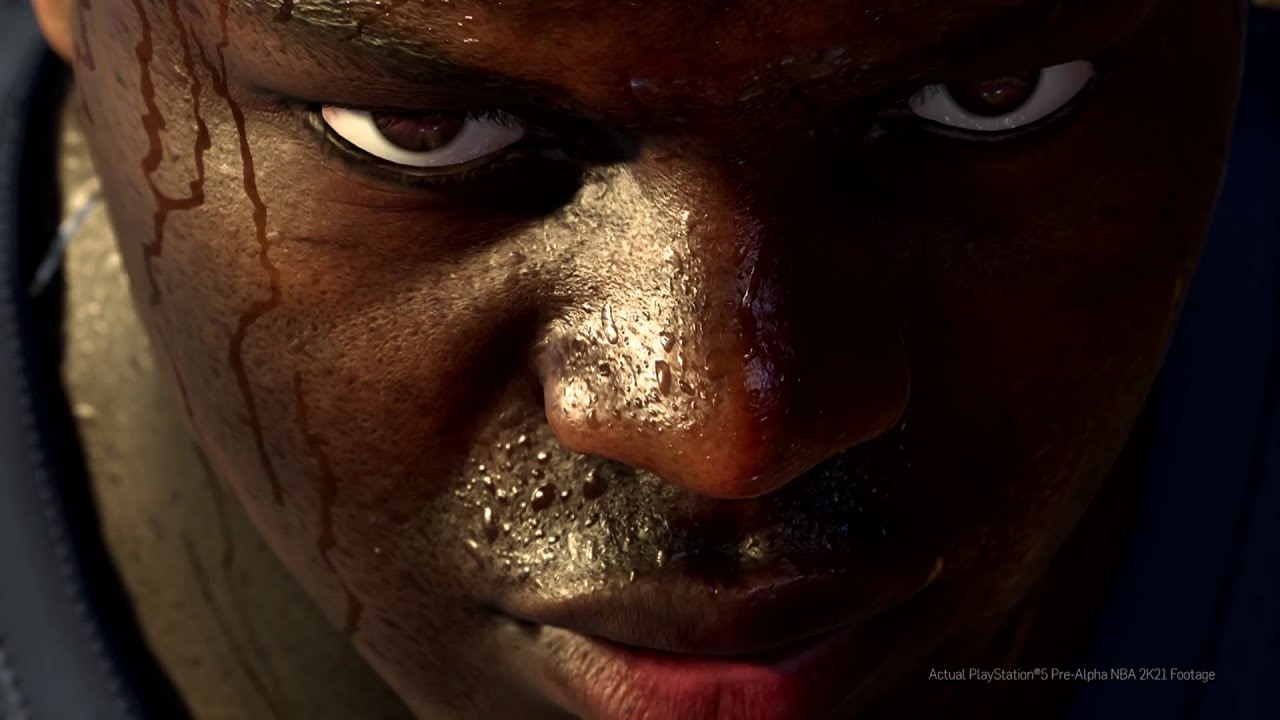
When former PlayStation US boss Shawn Layden spoke at the Gamelab Live conference last month, he claimed that each successive console generation has doubled development costs, leaving the budget of current gen AAA games between $80m and $150m. That's in large part down to the sheer number of people required to make a competitive AAA game today.
The original Assassin's Creed development team tripled to 450 people for its first sequel, and just four years later, Black Flag had brought that total to nearly 1,000. Simultaneously, the typical time it takes to make a big-budget game has increased. The Last of Us 2 took twice as long to make as its predecessor, for instance.
"The problem with that model is it's just not sustainable," Layden said. "I don't think that, in the next generation, you can take those numbers and multiply them by two and think that you can grow. It's been $59.99 since I started in this business, but the cost of [making] games has gone up ten times."
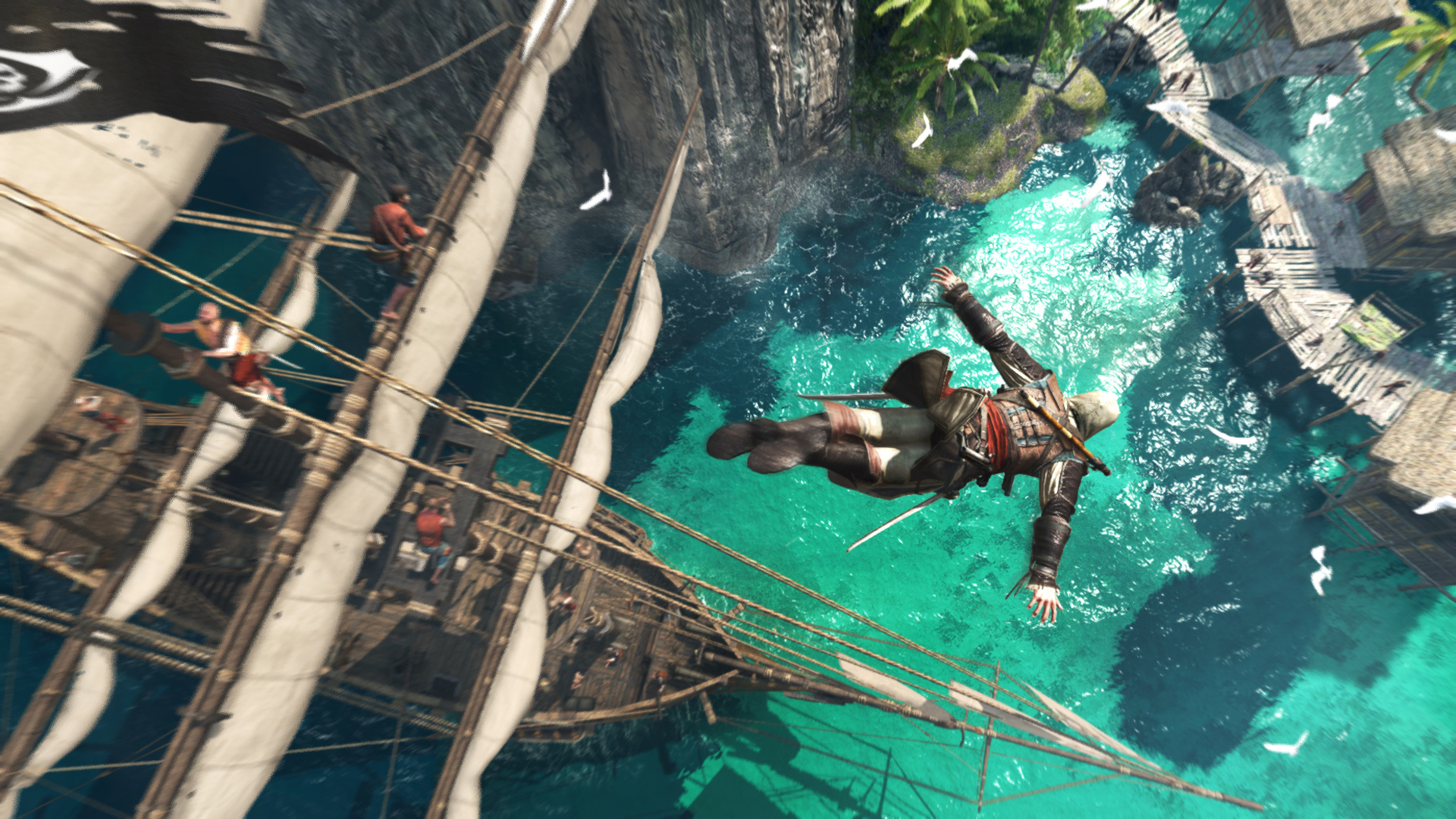
One of Layden's suggested solutions is simply to make shorter games – if The Last of Us 2 hadn't been double the length of the original, it wouldn't have cost nearly so much to make. But it's tricky to reverse that trend when players have already become accustomed to the sprawl of open worlds and the constant trickle of entertainment from hobby games like Destiny. Less controversial, perhaps, to bump up the price during the transition to a new generation, a time when consumers are generally happy to stump up to see what their new hardware is capable of.
Sign up to the GamesRadar+ Newsletter
Weekly digests, tales from the communities you love, and more
The timing is far from perfect in other ways. A price hike is an especially painful idea to swallow as the coronavirus pandemic pushes the world towards a deep recession, leaving many with less to spend on video games. There's clearly an ongoing issue, too, with online pricing; console games continue to be sold at full whack on digital stores, despite publishers saving on the costs of packaging and distribution.
Anybody whose finger hovered with horror above the eShop when they realised that Animal Crossing: New Horizons was £50, despite their desperation for an island escape from lockdown, has suffered first-hand experience. And since the PS5 is getting a digital-only edition – with Microsoft rumoured to be readying its own rival in the Xbox Series S – it's about to become a pressing problem.
Silver linings
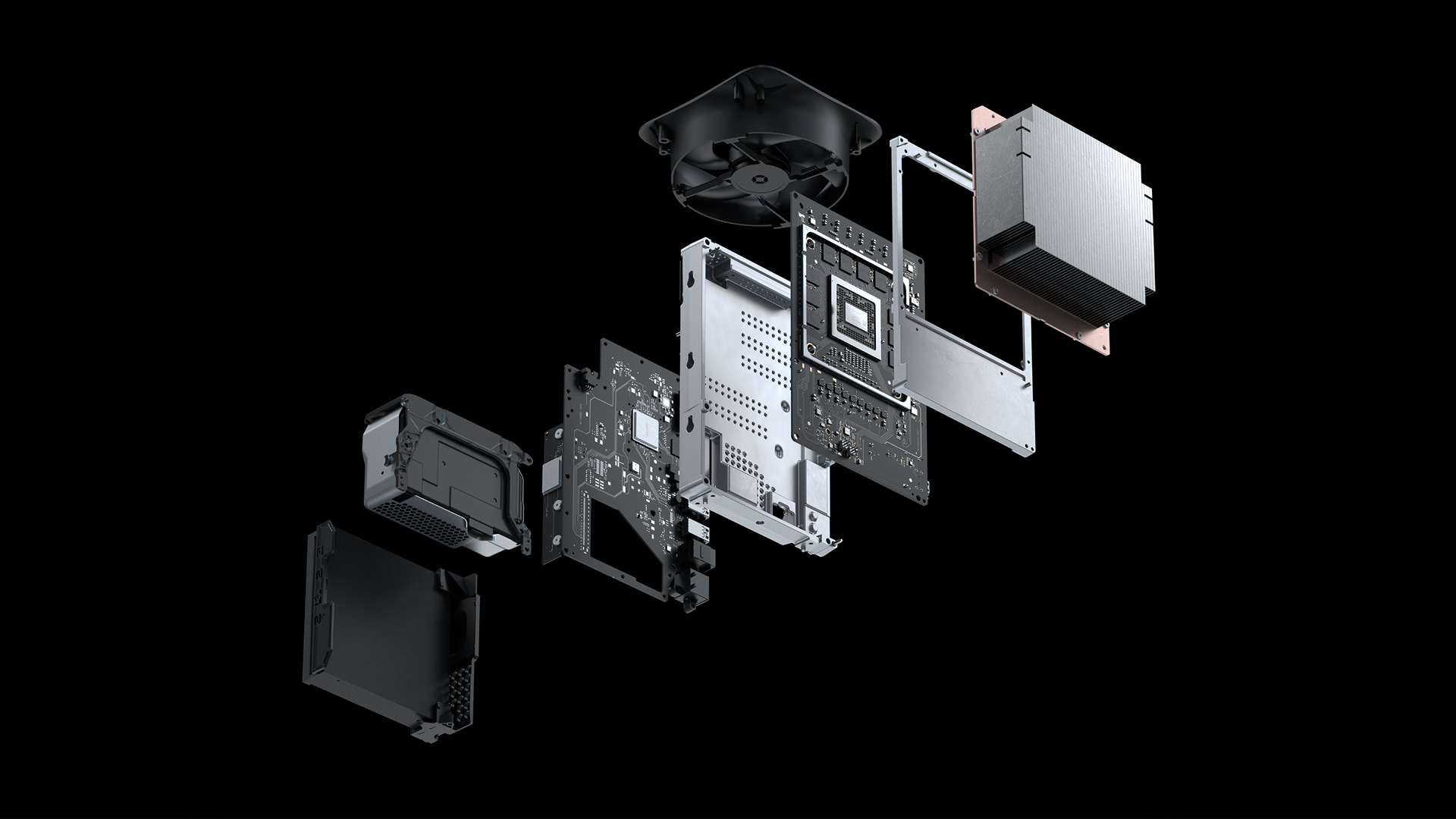
All that said, and counterintuitive though it may sound, a higher price for games overall would benefit players as well as developers. For one thing, it would allow publishers to stop looking for ways to squeeze players for money long after launch.
"Games need to go up in price," God of War creative director Cory Barlog argued recently on Twitter. "I prefer an initial increase in price to the always on cash grab microtransaction filled hellscape that some games have become."
At one time, the prevailing idea was horse armour; then it became DLC season passes; most recently, AAA developers have relied on loot boxes – a practice that's now not only widely derided, but banned in a growing number of countries. In the UK, the House of Lords Gambling Committee is calling for urgent regulation.
Publishers, however, don't necessarily want to find a replacement for loot boxes. Contrary to popular opinion, they do care about what gamers think of them. They would prefer that their meticulously prepared marketing campaigns weren't drowned out by negativity from players, justifiably sick of being nickeled and dimed.
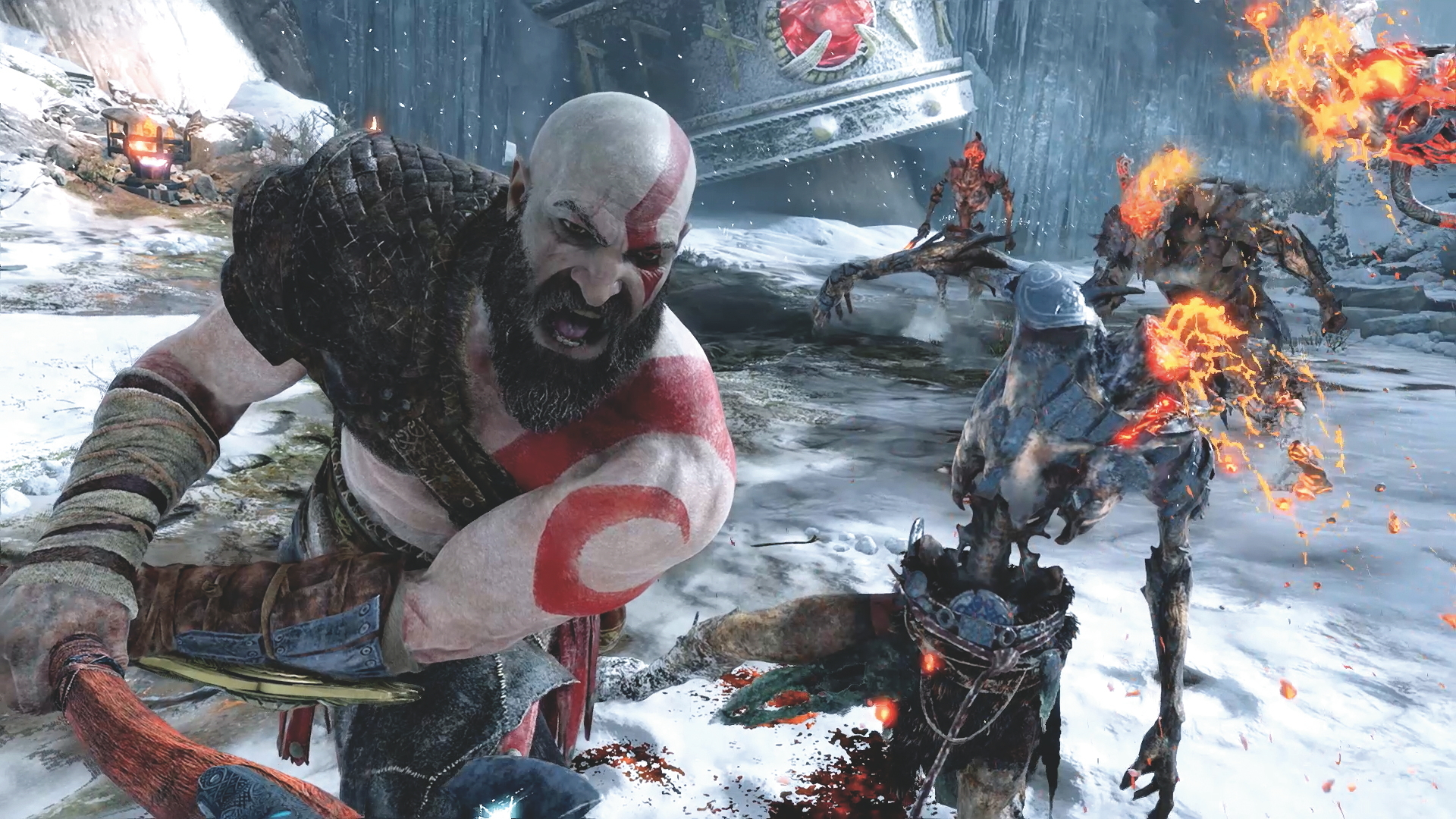
Developers could also do without the hassle of defending microtransactions from their fans. Ideas like loot boxes make them appear greedy, creating room for the least scrupulous types of YouTuber to profit from that anger, further driving a wedge between studios and consumers.
Last summer, an Apex Legends loot box dispute saw Respawn staffers argue publicly with players. "I've been in the industry long enough to remember when players weren't complete ass-hats to developers and it was pretty neat," said one – before company boss Vince Zampella apologised for the remarks. Without pressure to monetise every corner of their games, devs could more easily avoid these kinds of breakdowns in communication.
An industry on thin ice
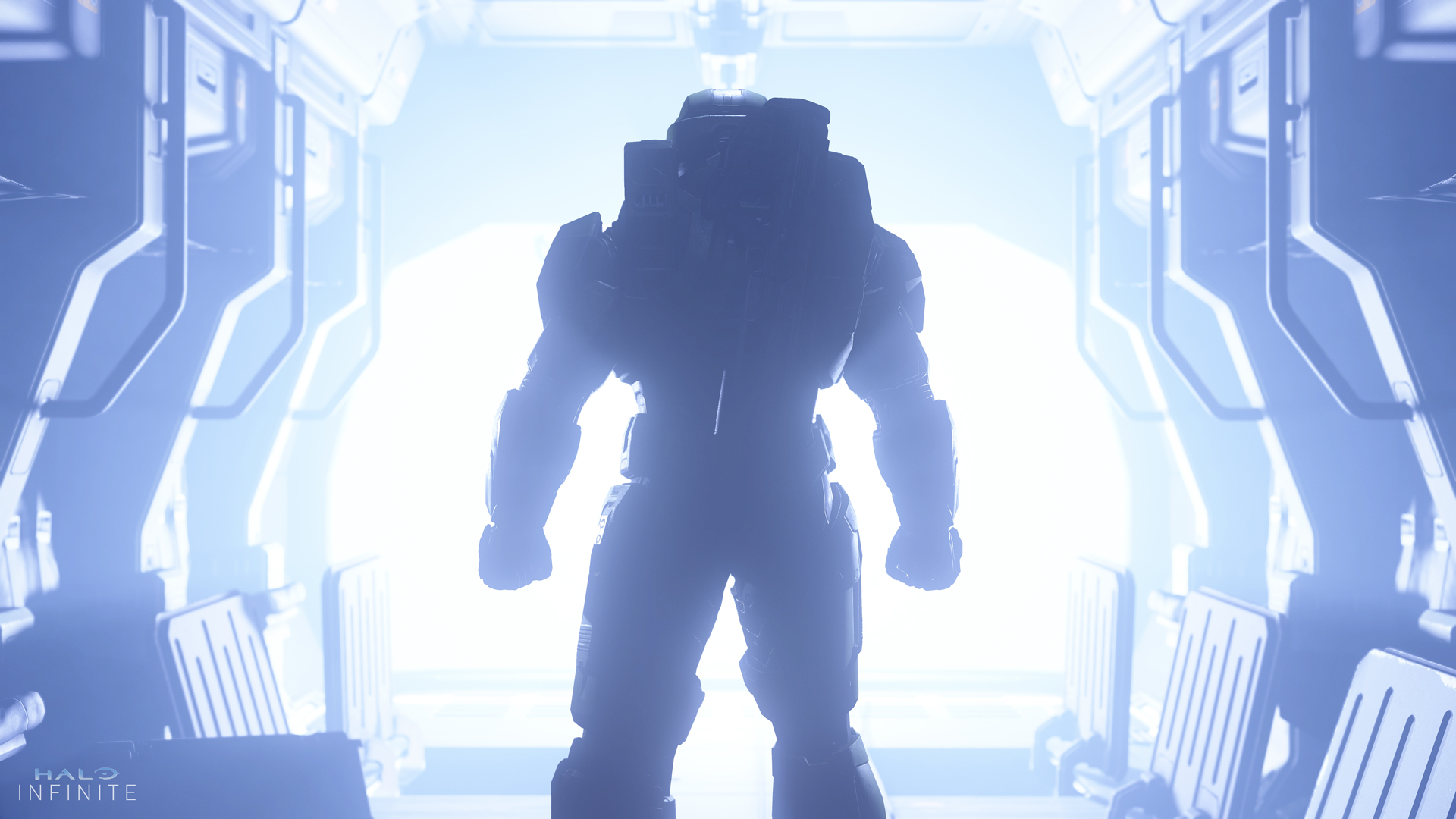
"Console games continue to be sold at full whack on digital stores, despite publishers saving on the costs of packaging and distribution."
Then there's the positive impact a $70 price point could have on the kinds of AAA games that get made. As development costs rise, publishers tend to take fewer risks. Under Eric Hirshberg, Activision cut down its portfolio to just a few surefire franchises – namely Call of Duty, Destiny, and Skylanders – and shut down a slew of studios in the process.
It's impossible to measure the lost potential of games that were never greenlit; the bold new ideas that may have been backed if AAA publishers and developers could more easily afford to experiment. But it's easy to see that the biggest franchises in games have calcified into a small set of possible shapes: open world, loot-shooter, annualised sports sim. If players are spending $70 on next-gen games then, fingers crossed, they'll be doing so for a broader range of experiences.
Perhaps with that in mind, they'll be happy to part with a little extra cash – knowing it might save a beloved series from being mothballed, and lead to more genuine surprises at E3.
For more, check out all the biggest upcoming games of 2020 on the way, or watch our latest episode of Dialogue Options below.
Jeremy is a freelance editor and writer with a decade’s experience across publications like GamesRadar, Rock Paper Shotgun, PC Gamer and Edge. He specialises in features and interviews, and gets a special kick out of meeting the word count exactly. He missed the golden age of magazines, so is making up for lost time while maintaining a healthy modern guilt over the paper waste. Jeremy was once told off by the director of Dishonored 2 for not having played Dishonored 2, an error he has since corrected.
